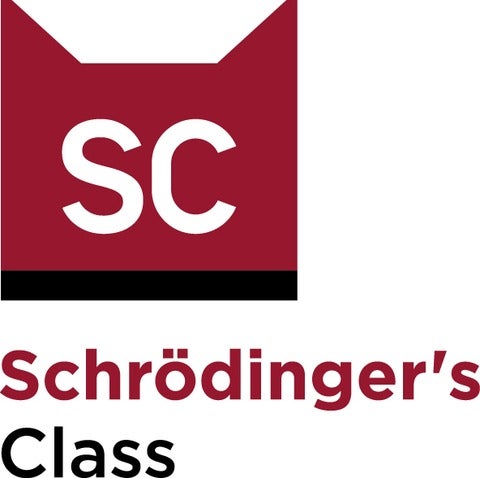Taking quantum key distribution out of the lab
Lindsay Babcock, Katanya Kuntz, Sebastian Slaman, and Ramy Tannous of the Quantum Photonics Lab, led by Institute for Quantum Computing (IQC) researcher Thomas Jennewein, designed and constructed a working portable demonstration of Quantum Key Distribution (QKD). The QKD demo used hardware components designed by Excelitas Technologies, an industry partner who provides customized optoelectronics and advanced electronic systems.
